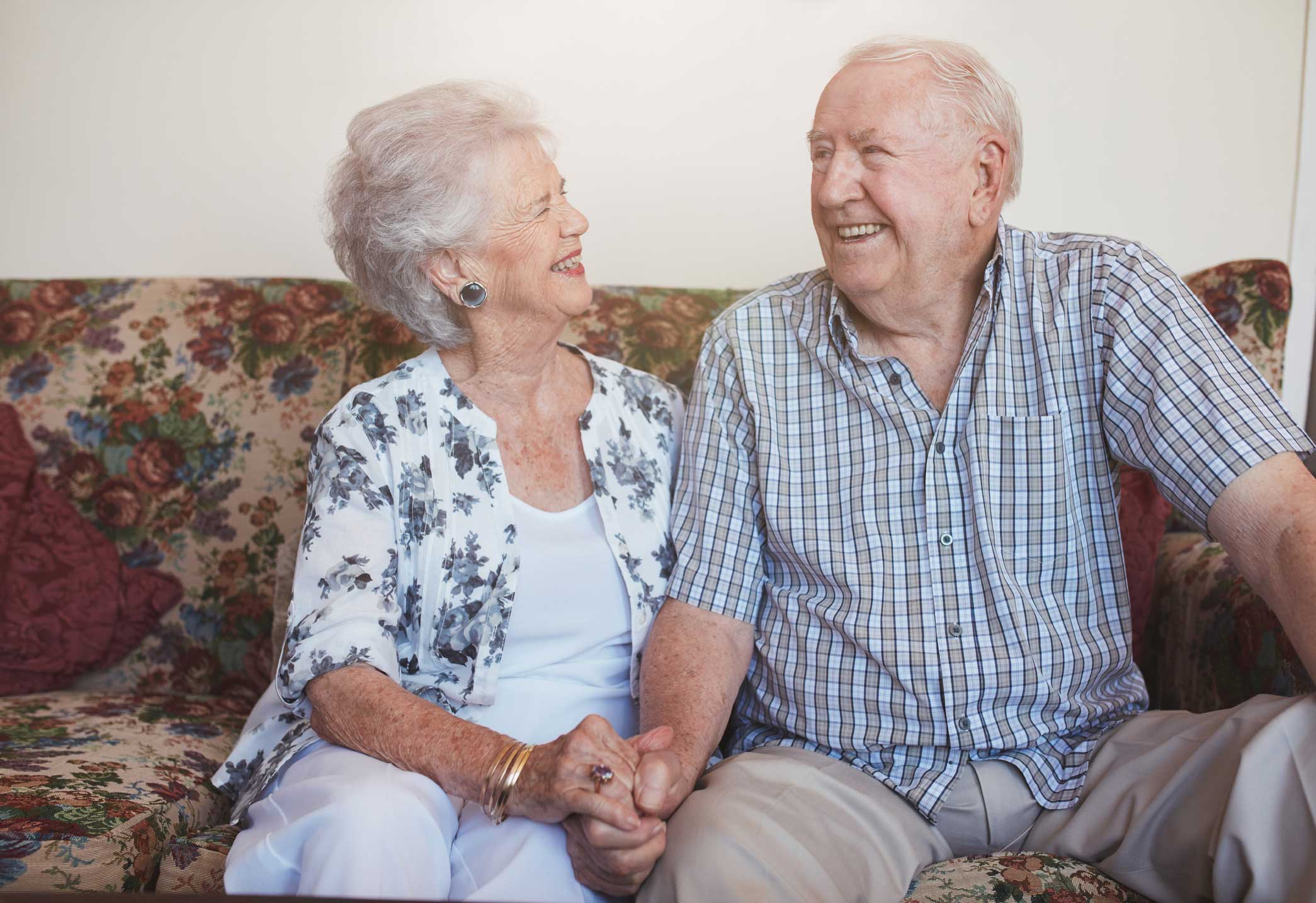<< Back
Safe Steps: What a Balance, Fall Prevention Program Can Do For You

January 08, 2018
By Sharon Treat, MSPT
Outpatient Therapy, Jefferson House
One of the trendier new self-help mantras is about becoming your “best self.” Those who work with the aging population know falling often gets in the way of being your “best self.”
According to the Centers for Disease Control and Prevention, more than one in four people over age 65 fall each year. And falling once doubles your risk of falling again. Though some falls lead to no harm, falls in those 65 and older often lead to serious injuries that greatly affect the person’s quality of life.
One way to help lower fall risk is to improve balance and walking ability. This often requires pushing patients a bit out of their comfort zone using the skills and expertise of a licensed therapist. This becomes especially apparent when you consider that walking itself has been referred to as a process of continuously falling and then catching ourself as we “fall” forward into the next step.
Hartford HealthCare’s Safe Steps balance and fall prevention program aims to tailor the treatment approach to each person and cover all areas affecting balance and fall.
The first step is assessing the home environment for safety risks and fall hazards.
Common hazards may include:
- Clutter.
- Crowded walking spaces.
- Loose throw rugs.
- Insufficient lighting.
- Low or unsafe sitting surfaces.
- Low toilet seat.
- Bed height too high or low.
- Thresholds not clearly marked.
- Stairs in disrepair and/or in lack of railing(s), etc.
Modifications that can reduce fall risk include:
- Placing commonly used items in the kitchen at easy-to-reach heights.
- Adding bathroom safety equipment such as grab bars, raised toilet seat, and shower chair or bench.
- Installing anti-skid strips on stairs.
- Placing fluorescent tape around thresholds or on stair edges.
- Adding night-lights, for starters.
These risk factors are known as extrinsic, or external risk factors. The Safe Steps therapist will provide a comprehensive and evidence-based assessment of what we call intrinsic risk factors for falls, including:
- Being on multiple and/or high-risk medications.
- Foot problems/inappropriate footwear.
- Vision, sensory, balance and perceptual impairments.
- Certain medical conditions.
- Physical impairments.
The Safe Steps therapist is specially trained to provide a comprehensive, individualized and evidence-based assessment of these variables to develop a treatment plan aimed at maximizing your quality of life and level of independence. As a therapist working with aging adults, I know there’s nothing more rewarding than helping people take one small step each day to being their safest, most independent, and most functional self.
Talk to your doctor and see if the Hartford HealthCare Safe Steps balance and fall prevention program may be right for you.
For more information about the Safe Steps program, call Hartford HealthCare at Home, 1.800.HOMECARE/1.800.466.3227, or click here.